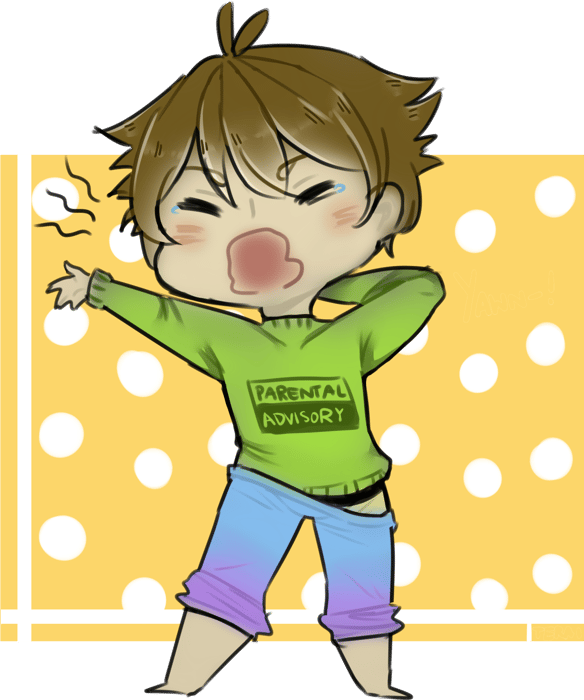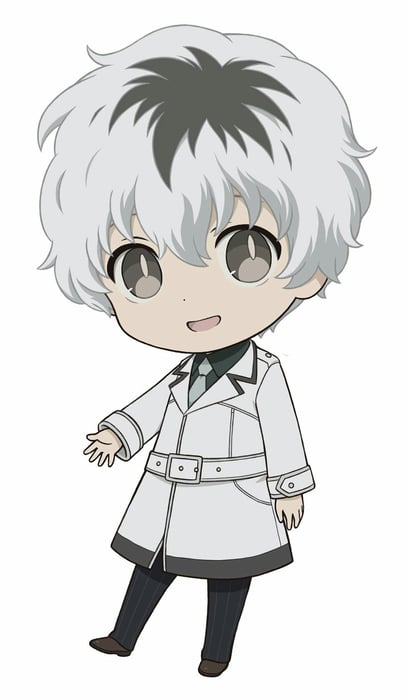Những nhân vật anime trở nên vô cùng dễ thương và ngộ nghĩnh khi chúng được biến hình thành chibi. Hãy đồng hành cùng chúng ta để chiêm ngưỡng những bức tranh Anime chibi boy đẹp nhất trong bài viết này.

Dành thời gian thưởng thức và tải về những hình ảnh Anime chibi boy độc đáo được chọn lọc tại Mytour.

Bức tranh chibi boy buồn sẽ khiến bạn cảm nhận được sự đa dạng của cảm xúc trong thế giới Anime.

Khám phá phong cách ngầu của Anime chibi boy

Dễ thương đến từng đường nét, hãy chiêm ngưỡng những bức tranh chibi boy xinh xắn

Những khoảnh khắc dễ thương nhất từ thế giới Anime chibi boy

Chìm đắm trong vẻ đẹp tuyệt vời của những hình ảnh Anime chibi boy đẹp nhất

Dive vào thế giới đẹp ngất ngây của Anime chibi boy

Khám phá vẻ đẹp lạnh lùng và đáng yêu trong hình ảnh chibi boy Anime

Những khoảnh khắc lạnh lùng từ thế giới Anime chibi boy

Bắt gặp những hình ảnh Anime chibi boy độc đáo và đẹp mắt

Hình ảnh dễ thương của chibi anime boy

Chìm đắm trong vẻ đẹp của chibi anime boy

Những bức ảnh đẹp của anime chibi boy cute

Khám phá vẻ đẹp của anime chibi boy

Bức tranh chibi đẹp của anime boy

Chìm đắm trong vẻ đẹp của chibi boy

Hình ảnh ngộ nghĩnh của anime boy và girl chibi

Khám phá vẻ đáng yêu của anime boy chibi

Khám phá hình ảnh anime boy chibi độc đáo

Ngắm bức tranh anime boy dễ thương và ngầu

Chìm đắm trong hình ảnh anime chibi boy buồn

Hòa mình vào thế giới anime chibi boy đáng yêu

Ngắm vẻ đẹp của anime chibi boy đỉnh đẹp

Hình ảnh anime chibi boy với phong cách kool ngầu

Khám phá vẻ lạnh lùng qua hình ảnh anime chibi boy

Dấu ấn Tokyo Ghoul trong hình ảnh anime chibi boy

Khám phá hình ảnh anime chibi boy vui vẻ

Dive vào thế giới đẹp ngất ngây của anime chibi boy

Ngắm hình ảnh hot boy qua phong cách chibi anime

Charm ngập tràn từ hình ảnh boy chibi trong anime

Bức tranh chibi anime boy vô cùng đẹp

Dễ thương hết nấc trong hình ảnh chibi anime boy

Charm ngọt ngào từ hình ảnh chibi anime boy dễ thương

Hòa mình vào thế giới đáng yêu của anime boy and girl chibi

Charm của hình ảnh chibi anime boy

Bức tranh chibi boy anime đáng yêu

Dễ thương không giới hạn: Hình ảnh chibi boy xinh xắn

Chìm đắm trong thế giới đẹp của anime chibi boy dễ thương

Chibi boy đeo kính: Bức tranh đáng yêu

Vẻ đẹp lạnh lùng của hình ảnh chibi boy

Bức tranh chibi boy đậm chất lạnh lùng

Chìm đắm trong hình ảnh chibi boy dễ thương

Hình ảnh chibi boy Conan siêu dễ thương

Chibi boy cute trong thế giới anime

Bức tranh dễ thương của chibi boy

Vẻ đẹp của anime chibi boy

Bức tranh chibi boy đẹp lung linh

Hình ảnh đẹp về chibi boy trong anime

Khám phá vẻ đẹp của các chibi boy

Nhân vật anime chibi boy đầy phong cách

Bức tranh chibi boy đẹp mắt

Hình anime chibi boy và girl tạo nên bức tranh huyền bí

Nghệ thuật vẽ anime chibi boy hiện đại và độc đáo
Tải ngay bộ sưu tập ảnh anime chibi boy để trang trí máy tính và điện thoại của bạn!
Nội dung được phát triển bởi đội ngũ Mytour với mục đích chăm sóc khách hàng và chỉ dành cho khích lệ tinh thần trải nghiệm du lịch, chúng tôi không chịu trách nhiệm và không đưa ra lời khuyên cho mục đích khác.
Nếu bạn thấy bài viết này không phù hợp hoặc sai sót xin vui lòng liên hệ với chúng tôi qua email [email protected]










